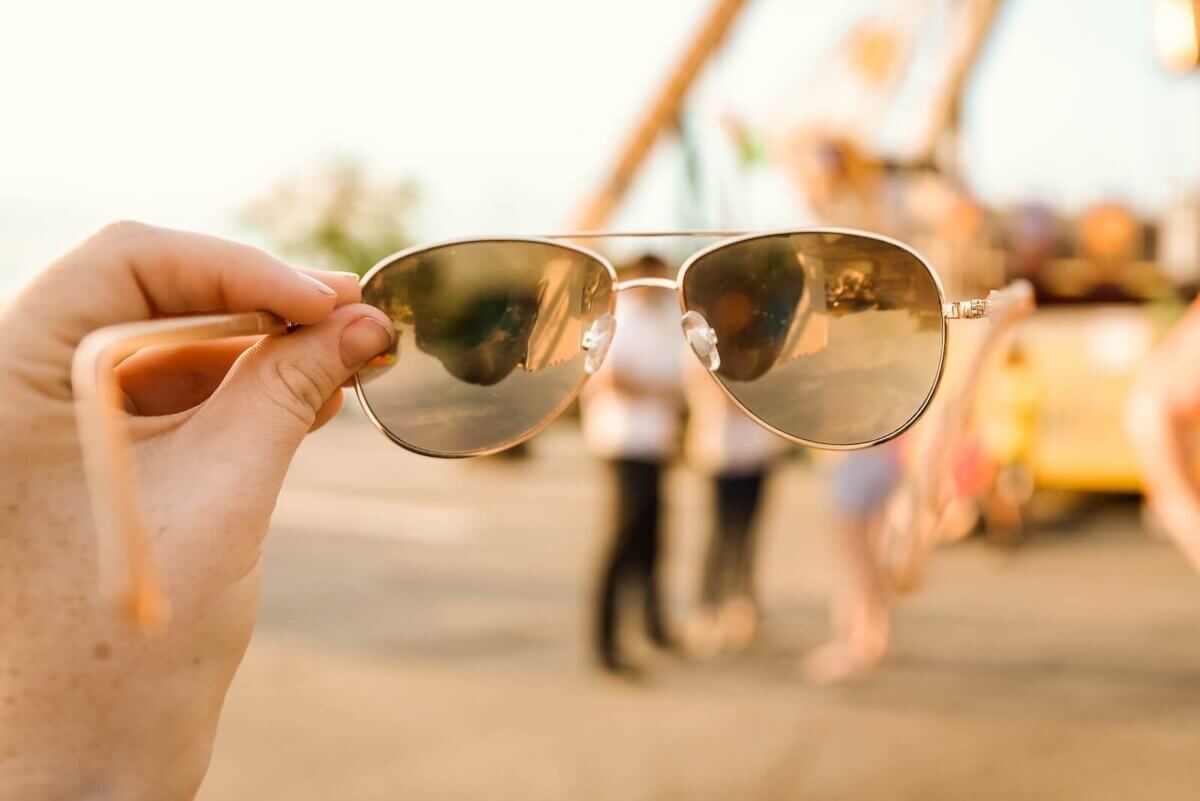
Photo by Erika Fletcher from Unsplash
NEW YORK — Half of Americans who wear glasses or contact lenses have skipped at least one vacation activity due to problems with their eyewear, a recent poll reveals. Surveying 2,000 Americans, the study found that travelers with corrective lenses miss out on many fun activities during their travels.
Overall, 24 percent have skipped watersports, 13 percent bypassed physical activities, and another 13 percent have avoided the pool entirely.
Over one in three (36%) express anxiety over breaking their glasses or misplacing their contacts while vacationing. Even more telling, 22 percent admit this fear has become a reality. Consequently, 17 percent of these travelers make decisions on their travel itinerary based specifically on their eyewear needs.
The study, commissioned by the Refractive Surgery Council and conducted by OnePoll, further highlights that one in three travelers, dependent on vision aids, opt to leave their glasses or contacts behind when traveling, primarily due to concerns over hampering their vacation experience.
It's evident that vision correction impacts travel quality. A third of the respondents felt their vacation could last under a day without their eyewear. Additionally, 32 percent believe their travels would be more enjoyable if they weren't encumbered by glasses or contacts.

The survey's insights also touched upon travel essentials. Eyeglasses emerged as the primary essential for 78 percent of respondents, followed by portable chargers (51%) and prescription sunglasses (24%). This emphasis on clear vision resonates with the finding that 48 percent of travelers prioritize sightseeing. In a striking reveal, 52 percent of eyewear users felt that vacations lacking sightseeing opportunities weren't worthwhile.
Travelers also display preferences for other vacation activities, including sampling local foods (37%), relaxing (33%), and creating new memories (29%). Notably, 55 percent of travelers would go without eyewear when in a pool or ocean, while only 28 and 23 percent would retain their glasses and contacts, respectively.

Given these eyewear-induced travel challenges, 55 percent of respondents felt vision correction surgeries like LASIK could enhance their travel experiences. Moreover, 40 percent believed these surgeries would be a worthwhile investment in their travel endeavors.
On average, glasses-wearers own and travel with two pairs, whereas contact lens users carry three extra sets on trips. Concerning storage, 57% keep their eyewear in personal bags during travel, 36 percent in carry-ons, and 12 percent in checked luggage.
Survey methodology:
This random double-opt-in survey of 2,000 Americans who wear glasses or contacts and travel was commissioned by The Refractive Surgery Council between August 25 and August 31, 2023. It was conducted by market research company OnePoll, whose team members are members of the Market Research Society and have corporate membership to the American Association for Public Opinion Research (AAPOR) and the European Society for Opinion and Marketing Research (ESOMAR).











How is this new? Of course, you wouldn't go in the ocean or a pool with contacts or glasses and if you did , you would have ‘issues'. The people who have issues, have them because they are not prepared. Bring extra glasses or contacts. Problem solved.